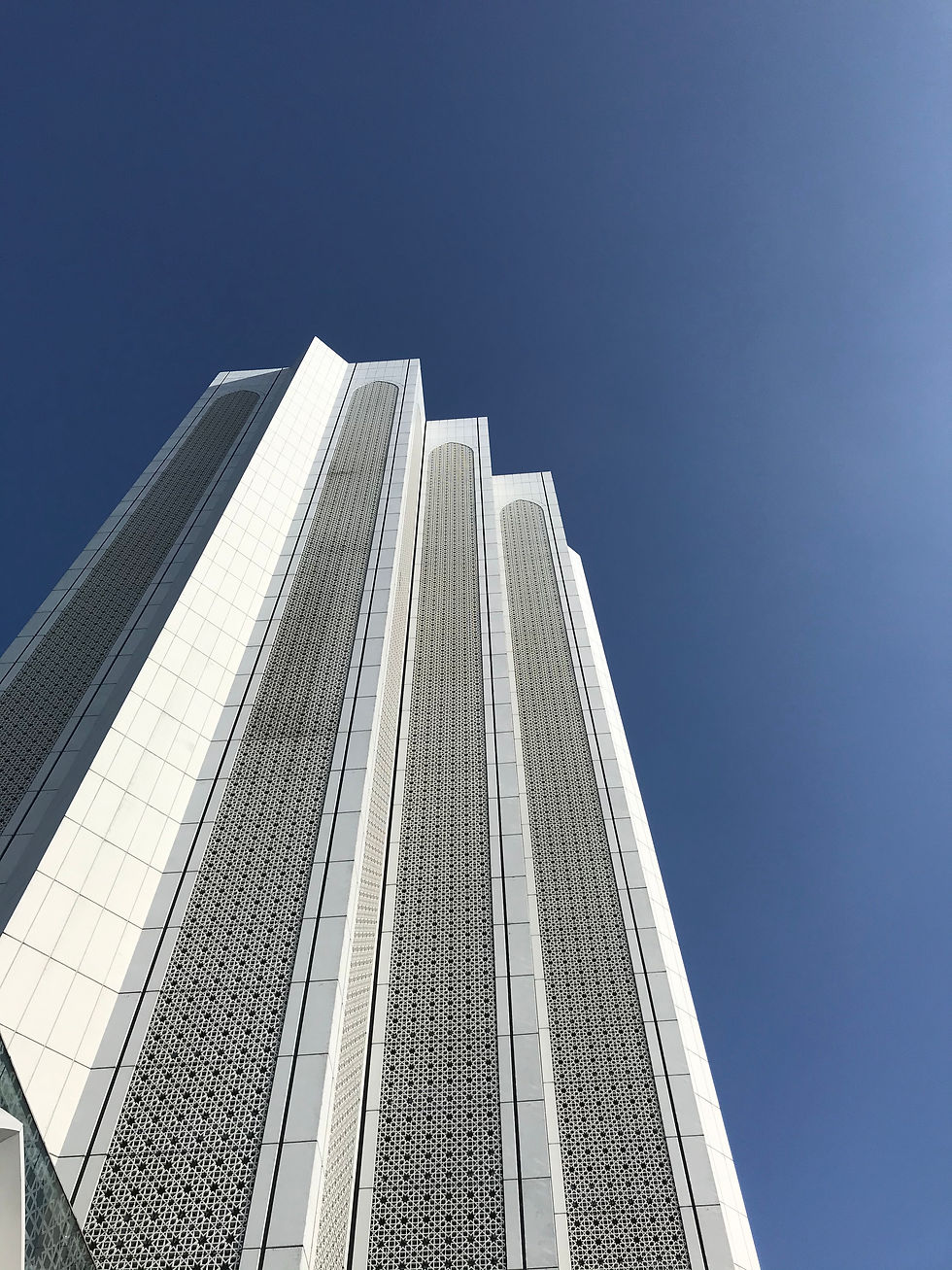Counting down a decade: What do Malaysians think of SPV2030?
- AnnaKate
- Aug 28, 2020
- 3 min read
Updated: Sep 15, 2020
AnnaKate actually found the lyrics to Wawasan 2020 rather meaningful; if only it is achievable.
Wawasan meningkat kemajuan
Tiada lagi kepincangan
Kemewahan rasa-dirasai
Bersama kita nikmati

The month is August and the 2000s are just beginning, school children would kumpul kat dewan with their A3 art blocks and Buncho crayons or poster colours to draw the trinity of patriotism – the red hibiscus, Jalur Gemilang, and Wawasan 2020 with flying cars.
Alas, two decades later, we have seen only a hint of a flying car that now seems to be grounded and barely any planes are flying because the world we envisioned is no longer the world we conceived our visions for.
2020 was to be the culmination of one vision but (what) a start to a new decade. A pandemic kicked off the new 20s that transported humankind back to the last 20s with a deadly flu of its own.
After being put on pause for several months, the world is ready to spin back on its axis; gearing into reviving a(n almost) post-apocalyptic state albeit well-stocked with toilet paper.
The pandemic highlighted the ability of Malaysia’s laudable but hitherto underappreciated healthcare system in flattening the curve while spotlighting the effervescence of poverty.

To digress, the subject of poverty in any country is to be handled delicately. It is likened to effervescence; when bubbles of gas rapidly rise and escape from liquid in a fizzing manner, breaking through the surface of the water, which eventually stops. Similarly, poverty is only addressed, uncomfortably at best, when a big social issue arises but also only for a short while and then the discussion comes to a halt like passing gas.
The Malaysian government then came out with a well-timed and reassuring announcement in July, coincidentally as lockdown eases, that it would relaunch the Shared Prosperity Vision 2030 (SPV2030) sometime this year.
Essentially, it is an economic policy that outlines 10-year goals to restructure Malaysia’s economy from labour-intensive to knowledge-based, where the rakyat can enjoy an enviable standard of living.

The official definition of SPV2030 reads:
Shared Prosperity Vision 2030 is a commitment to make Malaysia a nation that achieves sustainable growth along with fair and equitable distribution, across income groups, ethnicities, regions and supply chains.
TLDR: Visions come and go and this one is about increasing the incomes of all ethnic groups by 2030.
Timely as it is, the poverty line income was recently revised to RM2,208 per household per month for 2019 from RM980 in 2016. That brings us to a whopping increase to 5.6% from 0.4% (24,700 households to 405,441 households); which many would say is actually closer to reality.
If so, then Malaysia has a lot to work on to bridge the wealth gap. Hence, SPV2030 comes in to serve as a direction for the government to formulate economic policies over the next decade.
The question is: Do Malaysians think SPV2030 is achievable in 10 years?
The general impression and feedback are rather bleak.
Very much likened to Wawasan 2020 that was reduced to a fancy tagline on a poster, the SPV2030 is deemed to be just another government policy.
As a rakyat, Z just hopes the SPV2030 doesn’t fizzle out like Wawasan 2020 and TN50.
“Our country has been releasing policies after policies, but none thrusts us into becoming an economic powerhouse.
“And frankly as a rakyat, [we’re] too busy trying to survive day to day since the politicians are too busy fighting and taking care of their cronies.”
Admittedly, many lack understanding of the SPV2030 but at the same time, lacking a concrete action course as it is not a how-to guide, Q thinks turning Malaysia into a developed country like Japan based on the policy without feasible steps is unwise.
One of SPV2030's guiding principles is “needs-based economic approach”, which places an importance on formulating policies based on targeted demographics.
On this, V paints SPV2030 as a whole cake sliced to share but sadly the hunger won’t be satiated if not all slices are cut equally. Hence, V thinks that “as a normal citizen, it's up to you and only you to find opportunity and ways to increase your income”, rather than relying on government policies.
Summarising the pessimism, W said that SPV2030 is good on paper but whether it is achievable, it is very much doubtful.

But hey, on the bright side, the past decade has replaced Myvi as Malaysia’s pride instead of Malaysia Airlines while nasi lemak has retained its unassailable title as the national breakfast (and probably lunch, tea and supper).
With 2020 plagued beyond redemption, let’s hope it’s not a harbinger of the fate of the latest vision.


Comments